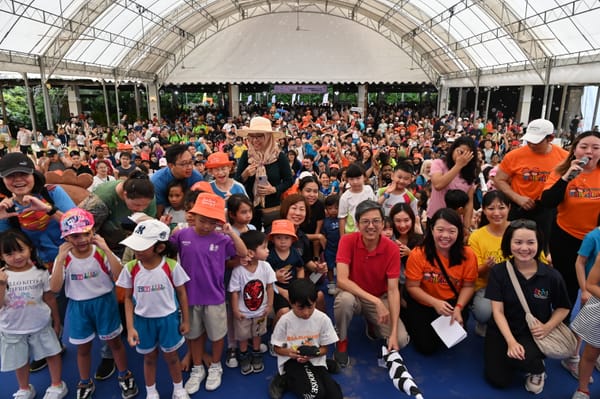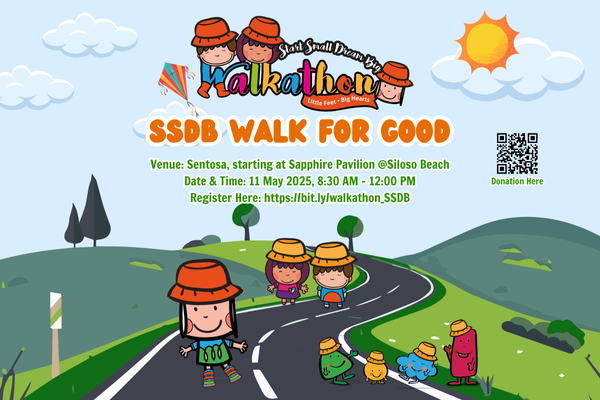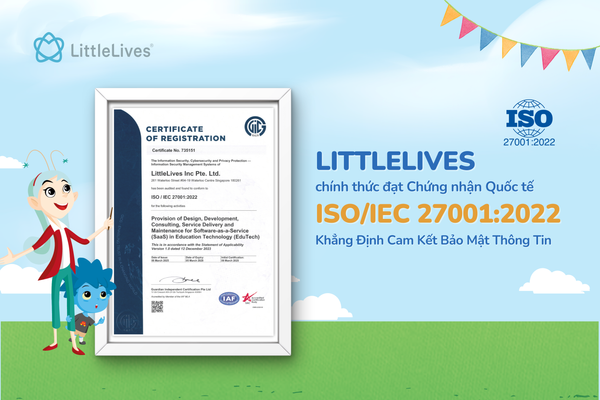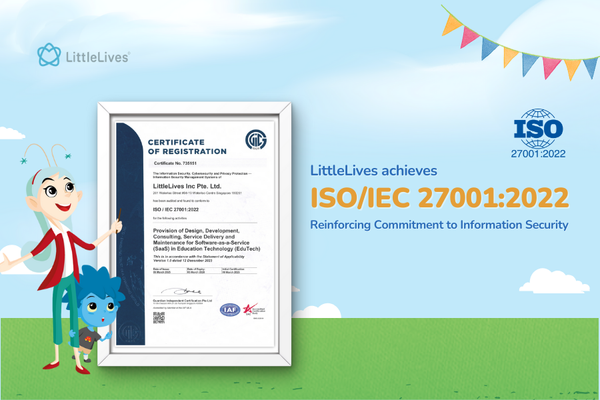Top 5 Trends in Early Childhood Education for 2025
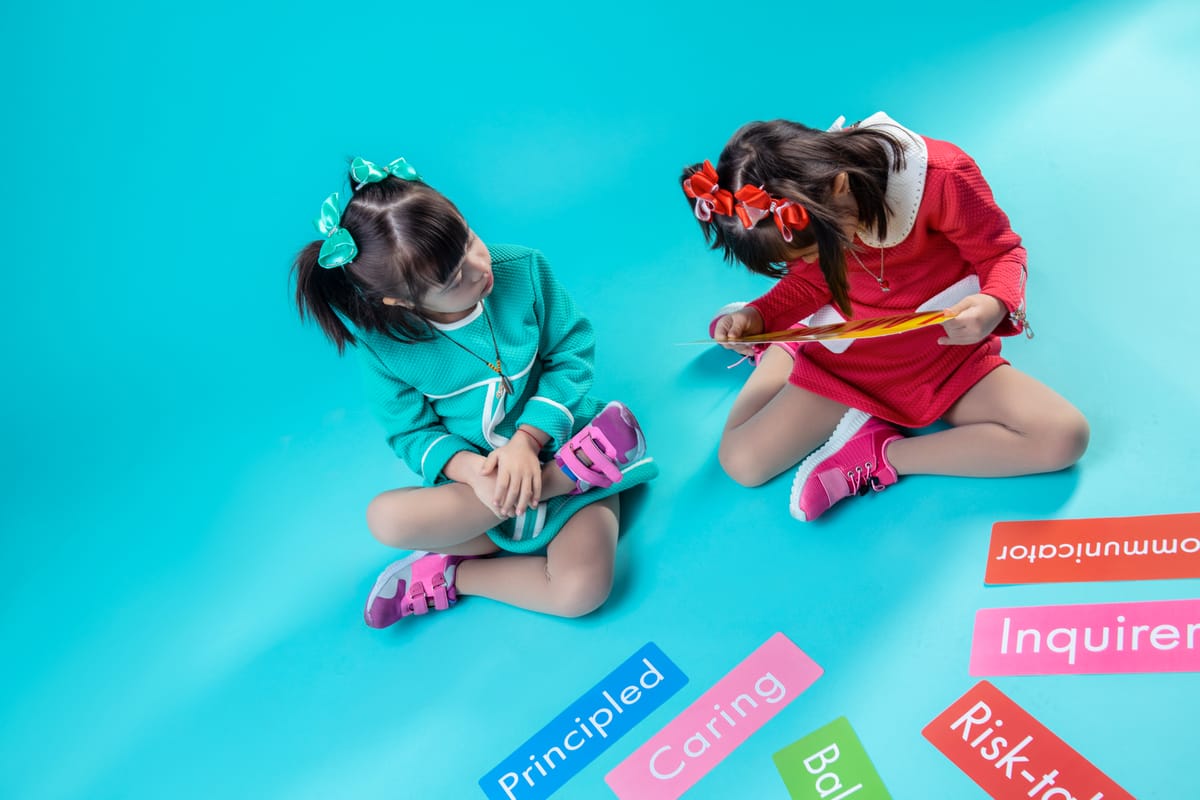
The early childhood education landscape is evolving rapidly, driven by innovation, changing societal needs, and a deeper understanding of child development. As we look toward 2025, these five trends are shaping the future of preschool education, promising transformative impacts for children, parents, and educators alike.
1. The Rise of Hybrid Learning in Early Childhood
The integration of online and in-person learning, commonly known as hybrid learning, is no longer exclusive to older students. Preschools are now embracing this model to enhance flexibility and accessibility for families. With platforms like LittleLives enabling seamless communication and progress tracking, parents and teachers can collaborate more effectively, ensuring that children’s learning continues both at school and home. This approach also fosters early digital literacy, preparing young learners for a tech-driven future.
2. Social-Emotional Learning (SEL): A Core Focus in Preschools

The importance of emotional intelligence in early development is gaining widespread recognition. Social-Emotional Learning (SEL) equips children with essential skills such as empathy, self-regulation, and teamwork. Many preschools are embedding SEL into daily activities, using structured programs to nurture emotional well-being alongside cognitive growth. Tools like interactive portfolios from systems like LittleLives help educators track and celebrate children’s SEL milestones.
3. Nature-Based Learning: Bringing Classrooms Outdoors
Outdoor learning is making a significant comeback, with educators recognizing the immense benefits of connecting children with nature. Activities such as gardening, nature walks, and outdoor storytelling not only enhance sensory experiences but also promote environmental awareness from an early age. Schools are designing innovative outdoor spaces to facilitate this trend, helping children develop a love for nature and physical activity.

4. Personalized Learning with Technology
Technology is revolutionizing how children learn, offering personalized pathways tailored to individual strengths and needs. Smart tools and adaptive learning apps enable teachers to design activities that cater to each child’s pace and interests. LittleLives’ data-driven solutions are a prime example, providing insights that help educators make informed decisions to support personalized learning journeys.
5. Mindfulness in Preschool
Mindfulness practices are being introduced in preschools to help young children develop focus, patience, and emotional resilience. Simple activities such as guided breathing, storytelling with mindfulness themes, and sensory exercises are becoming staples in many classrooms. These practices support children’s mental health, laying a foundation for lifelong well-being.
Embracing the Future of Early Childhood Education
As these trends reshape early childhood education, the role of educators, parents, and technology providers becomes increasingly pivotal. LittleLives is committed to supporting this transformation by offering tools that empower schools to adopt innovative practices. By staying ahead of these trends, we can collectively nurture a generation of confident, adaptable, and emotionally intelligent learners prepared for the future.


